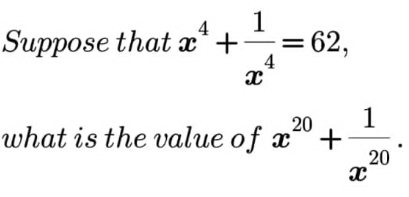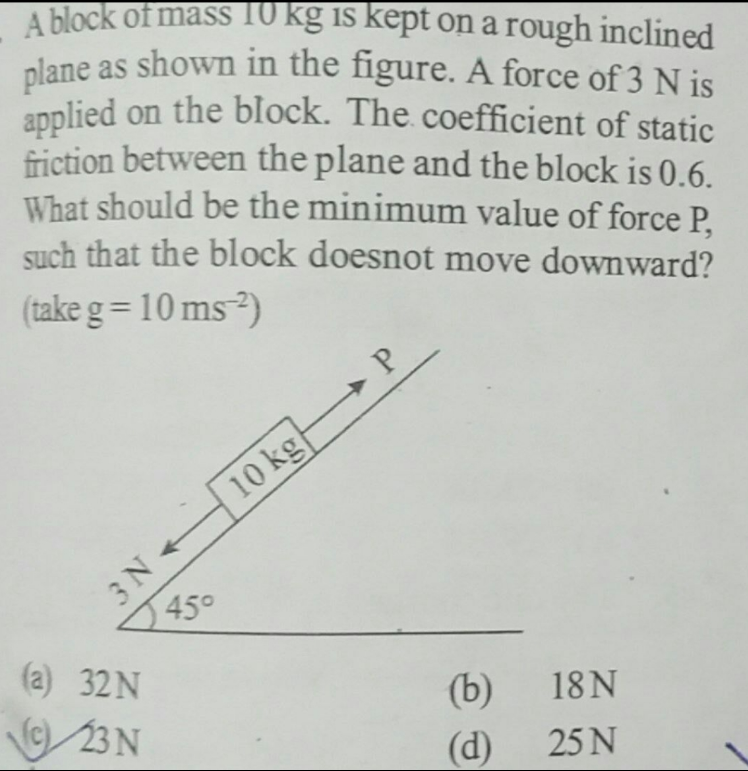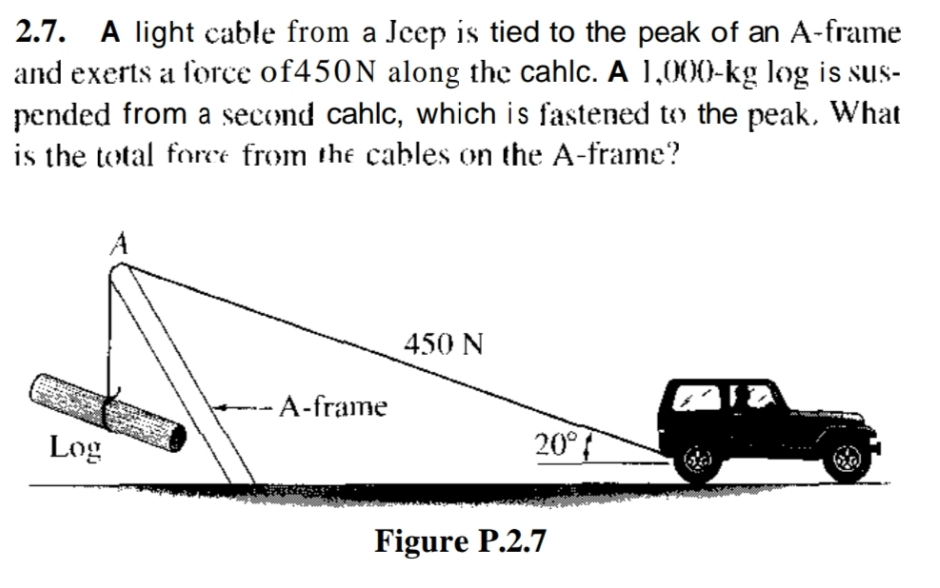
OthersQuestion and Answers: Page 32
Question Number 169347 Answers: 4 Comments: 0
Question Number 169346 Answers: 0 Comments: 0
Question Number 169342 Answers: 1 Comments: 0
Question Number 169333 Answers: 0 Comments: 3
Question Number 169315 Answers: 1 Comments: 1
Question Number 169305 Answers: 4 Comments: 2
Question Number 169303 Answers: 1 Comments: 1
Question Number 169200 Answers: 2 Comments: 0

Question Number 169142 Answers: 2 Comments: 1

Question Number 168982 Answers: 1 Comments: 1

Question Number 168952 Answers: 1 Comments: 0

Question Number 168942 Answers: 0 Comments: 2

Question Number 168910 Answers: 0 Comments: 3
Question Number 168909 Answers: 0 Comments: 1
Question Number 168868 Answers: 0 Comments: 0

Question Number 168842 Answers: 0 Comments: 0

Question Number 168841 Answers: 0 Comments: 0

Question Number 168744 Answers: 3 Comments: 0
Question Number 168742 Answers: 1 Comments: 0
$${Resolve} \\ $$$${y}={xy}'+{a}\sqrt{\mathrm{1}+\left(\mathrm{y}'\right)^{\mathrm{2}} } \\ $$
Question Number 168723 Answers: 0 Comments: 2
$${Resolve}\: \\ $$$$\left({x}+\mathrm{5}\right)^{\mathrm{5}} {y}^{''} =\mathrm{1} \\ $$
Question Number 168722 Answers: 0 Comments: 1
$${Resolve}\: \\ $$$${x}^{\mathrm{2}} {y}^{''} +{xy}^{'} +{y}=\mathrm{1} \\ $$
Question Number 168679 Answers: 2 Comments: 0

Question Number 168617 Answers: 0 Comments: 2

Question Number 168616 Answers: 1 Comments: 0

Question Number 168613 Answers: 3 Comments: 1
Question Number 168608 Answers: 2 Comments: 0

